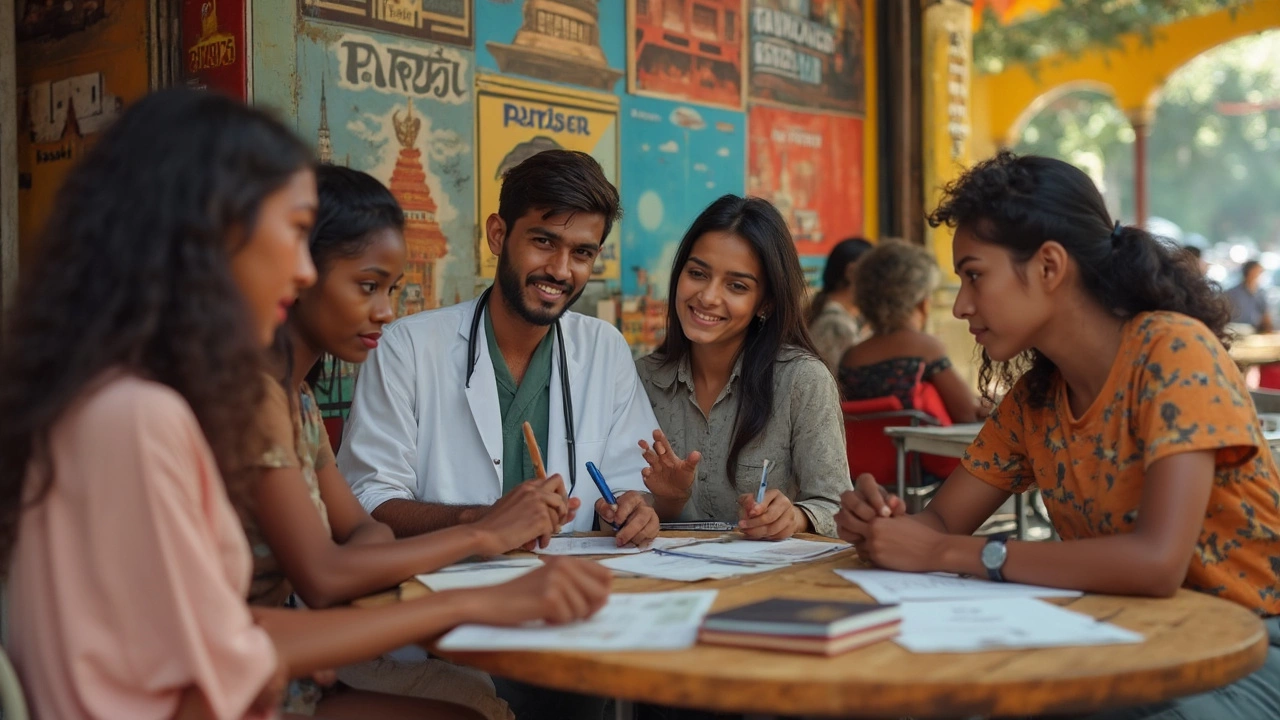Travel Vaccines: What You Need Before Visiting India
When you’re planning a trip to India, travel vaccines, preventive shots that protect you from diseases common in certain countries. Also known as immunizations for international travel, they’re not optional if you want to eat street food, explore rural villages, or simply avoid spending your vacation in a clinic. India isn’t dangerous—but it’s not the same as traveling to Europe or Japan. The water, the food, the bugs—they’re different. And your body might not react well without the right protection.
Most travelers to India need at least two vaccines: hepatitis A, a virus spread through contaminated food and water that causes liver inflammation, and typhoid, a bacterial infection from dirty food or water that leads to high fever and severe stomach issues. These aren’t just suggestions—they’re the most common reasons tourists end up sick. You don’t need to get them in your home country, but you’ll pay more and wait longer if you wait until you land. The CDC and WHO both say these two are essential for nearly every visitor.
Some people also need hepatitis B, a blood-borne virus that can be passed through medical procedures, tattoos, or even unsterilized needles, especially if you’re staying longer than a month or planning to get a massage, piercing, or dental work. Rabies shots? Only if you’re hiking in remote areas or working with animals. Polio? Only if you’re going to specific high-risk zones in northern India. Malaria pills? Not a vaccine, but a daily pill you take during your trip—talk to your doctor about it separately. Don’t let a list of ten shots scare you. Focus on the two that matter most: hepatitis A and typhoid. Everything else is situational.
Many travelers think, "I’ve been to other countries and never got shots." That’s fine—but India has higher rates of waterborne illness than most Western nations. A 2022 study by the Indian Council of Medical Research found that over 60% of foodborne illnesses among tourists were linked to uncooked food or untreated water. That’s not fearmongering. That’s statistics. And the good news? Getting vaccinated costs less than a single day of hospital care in India if you get sick. Most clinics offer both shots in one visit, and the protection lasts years.
What you’ll find below are real stories from travelers who got sick because they skipped the shots, and others who ate spicy butter chicken in Delhi without a single problem because they did their homework. You’ll see which vaccines are worth the cost, which ones you can skip, and how to find reliable clinics back home. No fluff. No marketing. Just what works for people who’ve been there.
Do Americans Need Vaccines to Go to India? Your 2025 Guide
Planning a budget trip to India as an American? Getting the right vaccines is not just smart—it's often expected. This article breaks down which shots are required, which ones are just recommended, and the real risks behind skipping them. You'll get the latest updates for 2025, plus money-saving tips on clinics and when to start preparing. Stay healthy so your travel funds actually go toward seeing, not recovering.
Read more